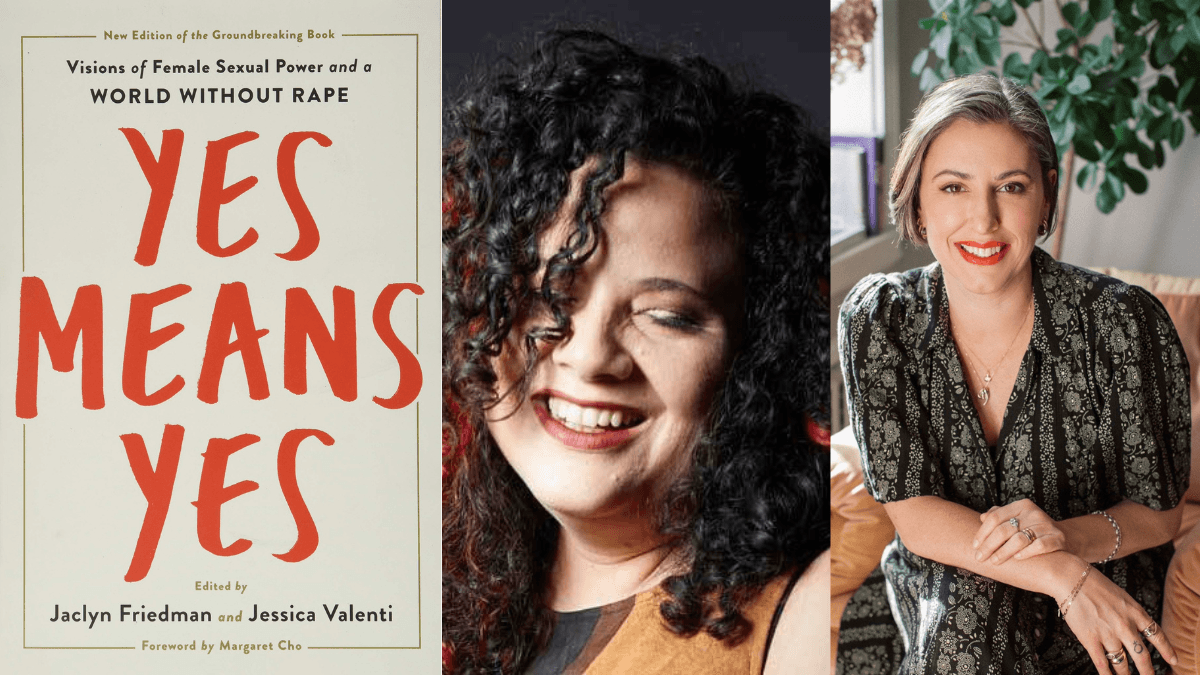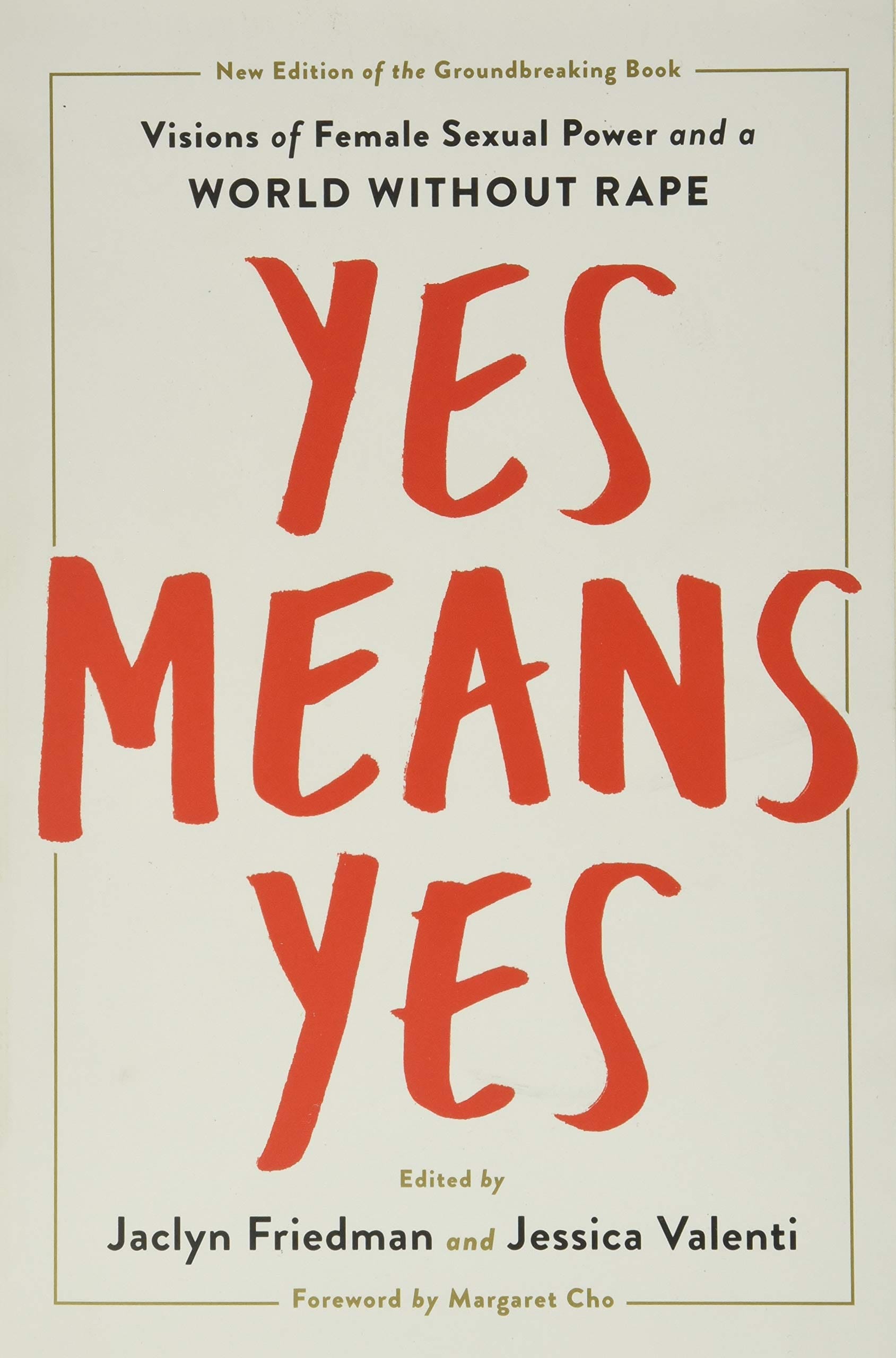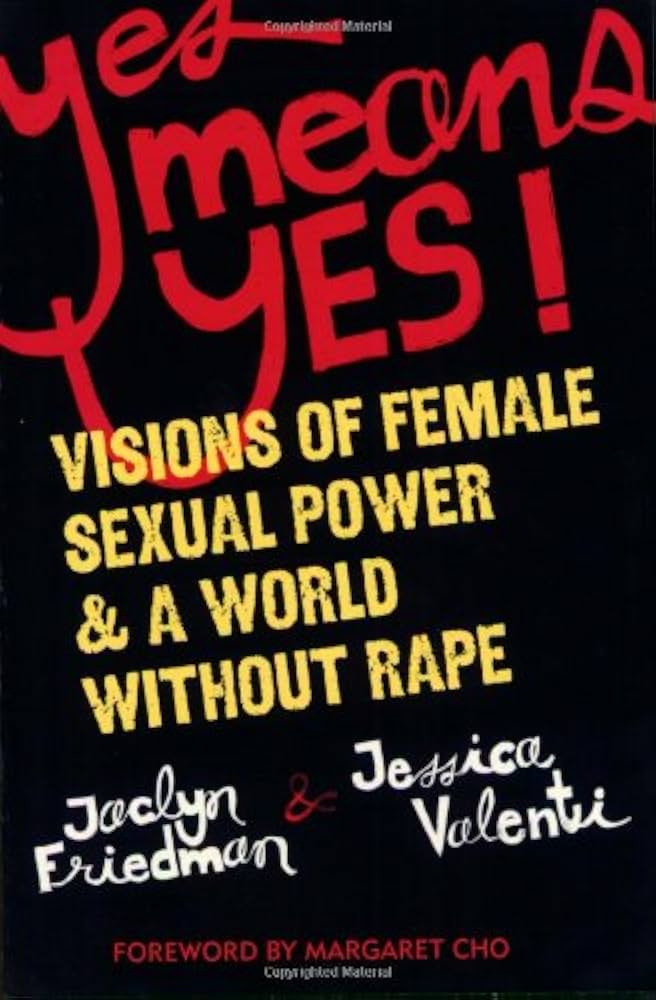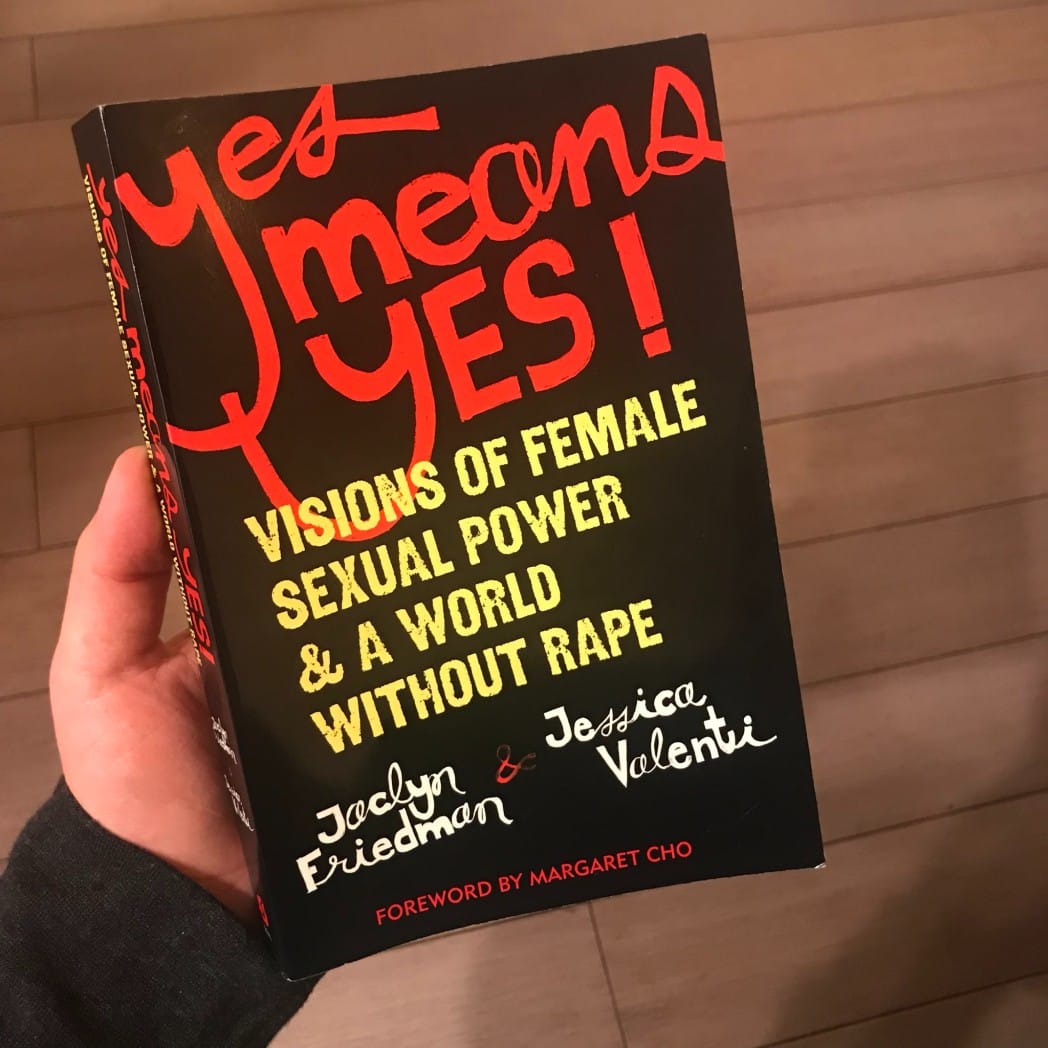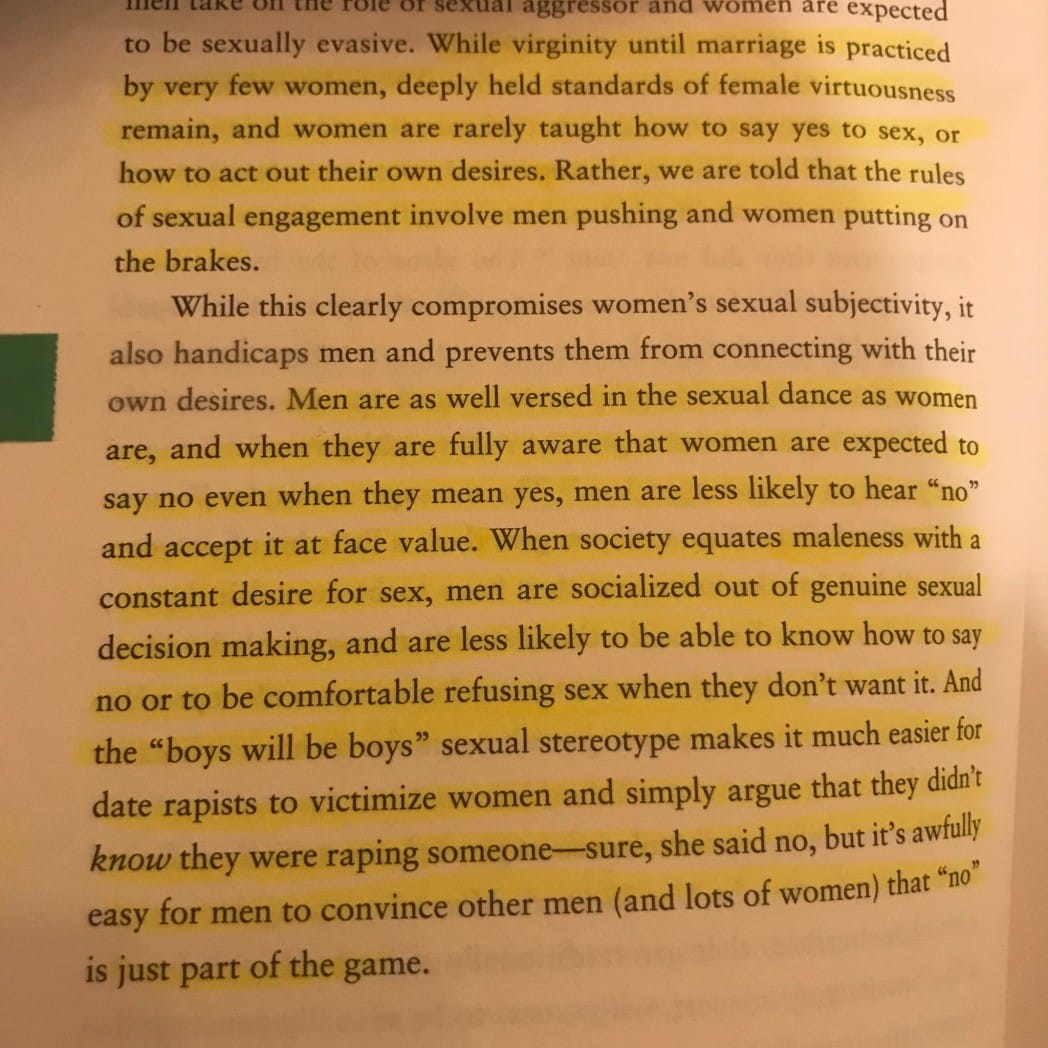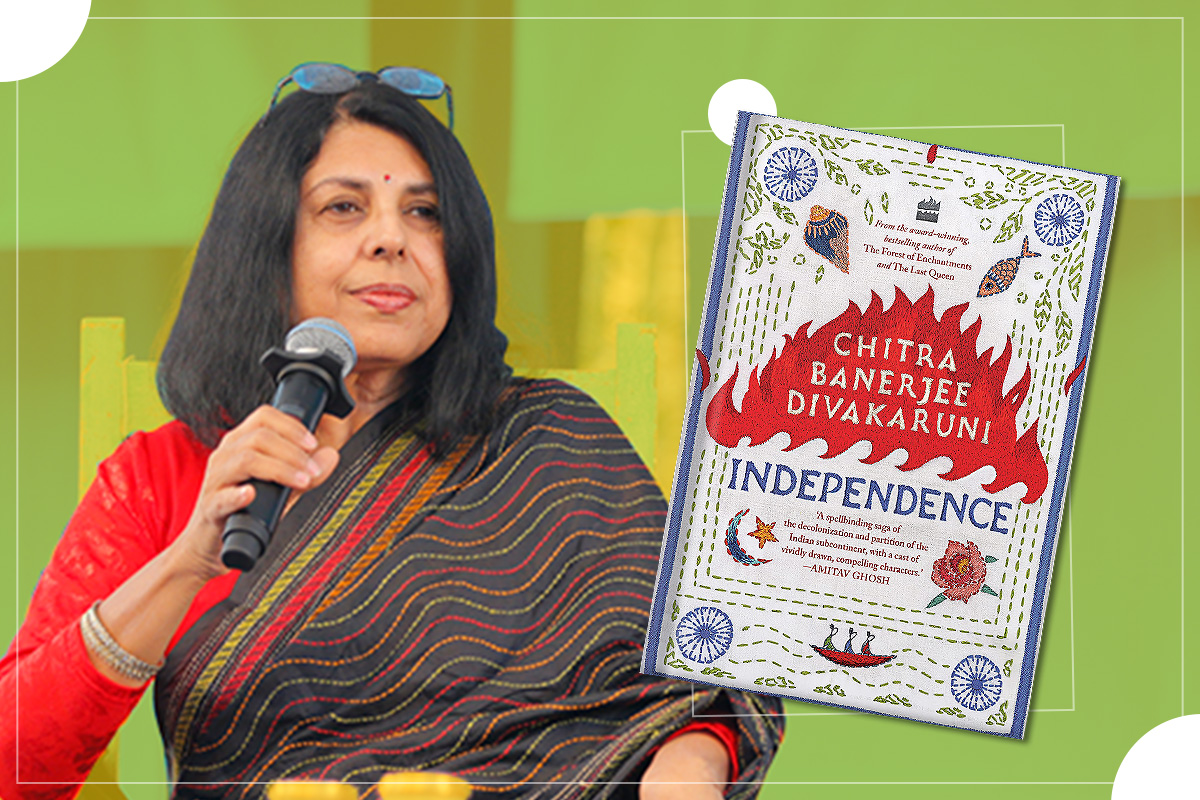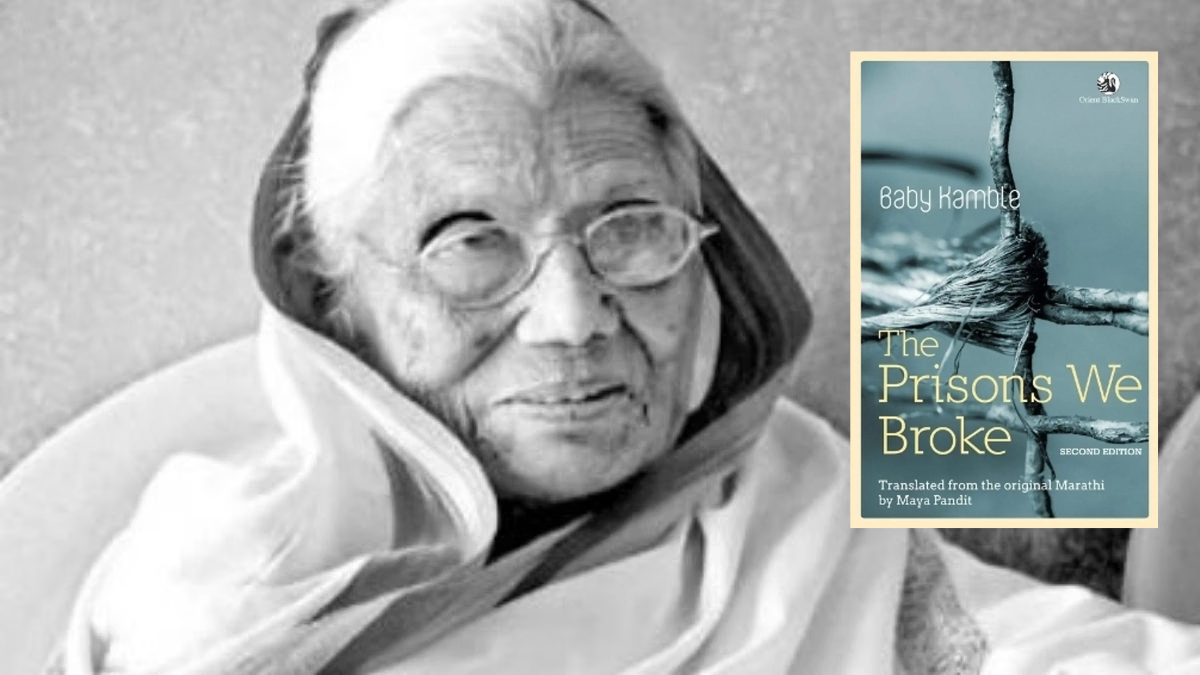In the words of feminist thinkers, consent isn’t a legal term or a mere “yes” or “no” — it’s the foundation of sexual agency, expression, and mutual respect. Yes Means Yes, a transformative anthology edited by Jaclyn Friedman and Jessica Valenti, pioneers the conversation on reframing narratives around sex, consent, and pleasure. Originally published in 2008, this collection of essays explores the complex, often silenced aspects of female sexuality, reframing it as something that should be enthusiastic, deliberate, and joyfully autonomous.
Originally published in 2008, this collection of essays explores the complex, often silenced aspects of female sexuality, reframing it as something that should be enthusiastic, deliberate, and joyfully autonomous.
This anthology isn’t just a book; it’s a bold manifesto that challenges and overturns traditional narratives surrounding sex and power. It makes a strong case for rethinking consent and recognises how vital it is in dismantling rape culture — a culture that subtly, and sometimes blatantly, justifies sexual violence while perpetuating victim-blaming. Through 27 essays, Yes Means Yes provides a platform for diverse voices, each exploring a facet of female sexuality, power, trauma, and healing, all with one goal: to imagine a world free of sexual violence.
What is the “cmmodity model” of sex?
One of the anthology’s starting points is the “commodity model” of sex, a patriarchal construct that treats sex as something that men acquire and women dispense. It’s like a transaction where the woman is the “gatekeeper,” expected to protect her “purity” and value, while men are positioned as “consumers.” This framework paints sexuality in highly transactional terms, suggesting that women’s worth lies in their sexual “purity” rather than their desires, which further fuels toxic ideas about “masculinity.”
Reflecting on this, it’s hard not to think about how society, including the media, subtly reinforces this model. Films, love songs, even casual jokes uphold the notion that men must “win” a woman’s favour, that a woman’s “no” is part of the game, an obstacle to be worn down rather than respected. Yes Means Yes offers an alternative perspective — an “enthusiastic consent model” that encourages both partners to express what they genuinely want. It’s revolutionary, yet so intuitively right.
Beyond consent: affirmative consent in Yes Means Yes
Yes Means Yes argues that the concept of consent should not simply be about compliance, nor should it be the bare minimum of sexual interactions. The book advocates for active and positive consent — a culture where both partners share in the pleasure, excitement, and intention behind their actions. As Friedman and Valenti explain, this is about more than just mutual agreement; it’s about creating a world where people, especially women, feel free to explore, define, and claim their sexuality without fear or shame.
A critical element of this shift is dismantling purity culture and rigid, binary representations of women. Society often places women in the “Madonna or whore” dichotomy, limiting the ability to openly own and express their sexuality without judgement. Women are either “too much” or “not enough,” forced into predefined categories that deny them complex desires. The book’s authors argue for breaking free of these stereotypes, showing that true empowerment lies in embracing one’s desires authentically, beyond societal expectations.
The book’s authors argue for breaking free of these stereotypes, showing that true empowerment lies in embracing one’s desires authentically, beyond societal expectations.
Yes Means Yes moves beyond victim-blaming and narrow definitions of respectability, creating a vision where sexuality is not a shameful or covert aspect of life but a celebrated and integral part of human experience. This shift has the potential to change deeply entrenched attitudes, reshaping the way society approaches sex, desire, and relationships.
Sexual healing as an act of defiance in Yes Means Yes
In the Foreword written by Margaret Cho, she recalls her traumatic experience as a fourteen years old teenager. Not only her consent was not taken but she was received with harsh remarks and shamed for her body. ‘The only way you would get sex is if you got raped, because you are so fat and ugly‘
One of the anthology’s standout sections is on sexual healing. Friedman, Valenti, and contributing authors understand that while it’s crucial to challenge patriarchal norms, there’s also a need for personal and collective healing in the aftermath of trauma. Essays in this section highlight how many survivors have found strength through practices like dance, creative expression, and community-building.
In these stories in Yes Means Yes, there’s a powerful reminder: reclaiming one’s body and desire is an act of defiance. Many women in this anthology recount how they healed through self-discovery, refusing to let the trauma define their futures. They began to own their narratives, which is especially poignant in a culture that often silences or dismisses survivors. Their words felt deeply resonant, and for readers with their own experiences, this section can be transformative, validating, and encouraging a path towards healing.
Influence of media and pop culture
Yes Means Yes scrutinises the role of the media in shaping societal views of female sexuality and power. It critiques how often media commodifies women’s bodies, oversimplifies consent, and trivialises violence. In mainstream movies, music, and advertising, we see constant reinforcement of heteronormative, male-dominant narratives. The book calls this out directly and poses a critical question: What if we could reshape media narratives to celebrate mutual pleasure and dismantle rape culture?
The book addresses intersections of race, sexuality, and representation, noting that Black women and women of colour often experience additional layers of objectification and dehumanisation in the media.
The book addresses intersections of race, sexuality, and representation, noting that Black women and women of colour often experience additional layers of objectification and dehumanisation in the media. Their sexuality is misrepresented or hyper-sexualised, perpetuating racial stereotypes that are both harmful and deeply rooted in historical oppression. This intersectional approach offers readers a deeper understanding of how consent and sexual agency vary across identities and contexts, emphasising the need for inclusive and authentic representation.
What is real sex education?
Yes Means Yes also emphasises the urgent need for comprehensive sex education, which goes beyond the basic discussions of contraception and prevention. It’s about teaching young people about pleasure, boundaries, empathy, and respect. Imagine a world where children learn not just about the physical aspects of sex but also about the emotional, relational, and personal dimensions. Imagine classrooms that openly discuss consent as a joyful and essential part of life rather than a checkbox to avoid punishment.
This push for positive sexual education is crucial. Many of us grew up with little to no information about consent, pleasure, or boundaries. Sex ed classes focused on the biological or the “consequences” rather than the benefits of healthy, consensual relationships. Yes Means Yes makes a persuasive case for educating young people to value both themselves and their partners, leading to a culture where respect and enjoyment, not shame or fear, are the norms.
Reflecting on my own education, I realise how the lack of comprehensive sex ed impacted my understanding of relationships. I see this lack reflected in the stories of many friends who, as adults, are still unlearning toxic beliefs. Yes Means Yes advocates for a generation unafraid to embrace and express their boundaries, who see mutual pleasure as a right, not a taboo.
Why Yes Means Yes matters
Yes Means Yes is an essential read for anyone interested in sexual education, positive consent, and dismantling rape culture. It’s not just a critique of existing norms but also a call to imagine a world free of sexual violence and objectification. By amplifying voices that challenge the status quo, Friedman and Valenti’s work encourages readers to confront ingrained beliefs, initiate conversations, and contribute to a collective effort toward respect, empathy, and a cultural shift where consent is understood and practiced.
This book challenges readers to redefine the concept of “safety” not as protection from harm but as the empowerment of individuals to express and understand their desires freely.
This book challenges readers to redefine the concept of “safety” not as protection from harm but as the empowerment of individuals to express and understand their desires freely. The book is a valuable resource for students, educators, and anyone seeking a transformative understanding of gender, sexuality, and consent. It does not merely criticise the dominant culture; it envisions a world where freedom from violence and freedom to seek joy are equally valued.
By curating diverse perspectives, Yes Means Yes provides an expansive view of sexual consent and the many complex issues surrounding it. In the process, it inspires its readers to question, advocate, and embrace a vision of relationships based on active consent and mutual respect.
